Assistant Professor of English and Creative Writing Mylène Dressler’s novel, “The Last to See Me,” will be published in 2017. I sat down with Dressler to ask her about her book.
Question: You cite your family as a major influence on your early interest in writing. Were there other significant moments that contributed to your decision to be a writer?
Answer: I would say it was my family, it was the books I read, it was sheer proximity to books, and then it was proximity to people who could tell I was excited by them and then encouraged … that. I think, you can have a passion, but you also need to have it echoed and reflected back to you. And I was really lucky that I had in my family, in my physical environment and in my teachers.
Q: Before pursuing a degree in English, you were a dancer. How would you describe the transition from a career as a professional dancer to a career as an author and professor?
A: It was easy in the sense that both ballet and writing require an enormous amount of discipline. They’re both about choreography, they’re both about movement, they’re about rhythm, they’re both about arrangement and they’re both about discipline. What is challenging is that I went from a world that is essentially silent … I had to then move into a world where I had to find my voice.
Q: What are some difficulties you have experience as an author?
A: It’s always this interesting dance between doing what you know how to do and daring to do what you don’t know how to do. The most difficult things for me about being a writer are things that I have chosen to make difficult. I’m constantly trying to write from different perspectives about different subjects, different periods of time, different ages of characters, different countries even in which the characters are living or moving through.
Q: How do you use your experiences as an author when teaching classes in English and Creative Writing?
A: One of the lovely things about teaching writing when you’re an author is you can be very honest about your struggles, which I think is helpful for students to see. But you also do have knowledge, you have real experience … of fighting through to the story, of solving the problems of storytelling, and so you have a lot of just actual on-the-ground experience of how to take a story from a very, very rough draft to a finished product.
Q: You were born in Holland and you have a very diverse background. Now, your work has been translated internationally — what is the significance of this to you?
A: I love it, I mean that’s one of the dreams of a writer. The other thing that I love is that my books are in libraries are all over the world. If you’re a writer, you want to reach the world, and so that’s very exciting. The idea that a translator would take the time to sit with your work and translate every word of it is very moving and very touching to me.
Q: What messages do you hope to convey to readers with your latest book “The Last to See Me,” which comes out in fall of 2017?
A: That is a literary ghost story. It is about a young, working-class woman. This young working-class woman dies. But after she dies, she refuses to give up the ghost. She refuses to die, in a way. But, what it is also about is who we choose to see in culture and who we choose not to see. So one thing I would hope for readers is … (the book) invites them to reflect on those questions.
Q: How did you come upon the inspiration for “The Last to See Me?”
A: It was actually about six years ago. I was driving with my husband in Northern California, around the Mendocino area. … I had this vision of someone who died but did not want to leave. It just sort of came to me in a flash. I saw (the main character) very quickly. That’s quite often what happens for me. I’ll have some initial idea accompanied by some kind of image, and those two will fuse.
Q: You often take experiences from your past and incorporate them in your writing. How does your own life affect your stories?
A: There’s a lot in that novel that is transposed from my own life. It seems to me that with every novel I write, even if it’s not that obvious, there are experiences that I’m using. I know that in all of my books, the fact that I’m an immigrant somehow permeates the book. I think that to me, that’s the most obvious place where my experience and my identity and how I move through the world passes into my stories.
Q: On your website you state: “Life bends and wends, my mother taught me. Don’t stiffen. Breathe.” What other advice do you have for students pursuing their passions?
A: Stay light on your feet. Students who have taken my classes know one of my favorite words is “nimble.” Stay nimble. Follow your instincts. Pay attention to the moment when you realize you have come to the end of what you can learn about an experience, and it’s time to push yourself, test yourself, take risk and try the next thing.

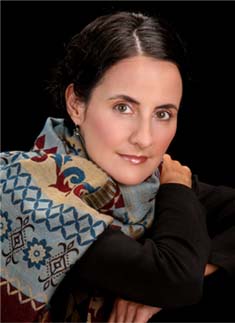
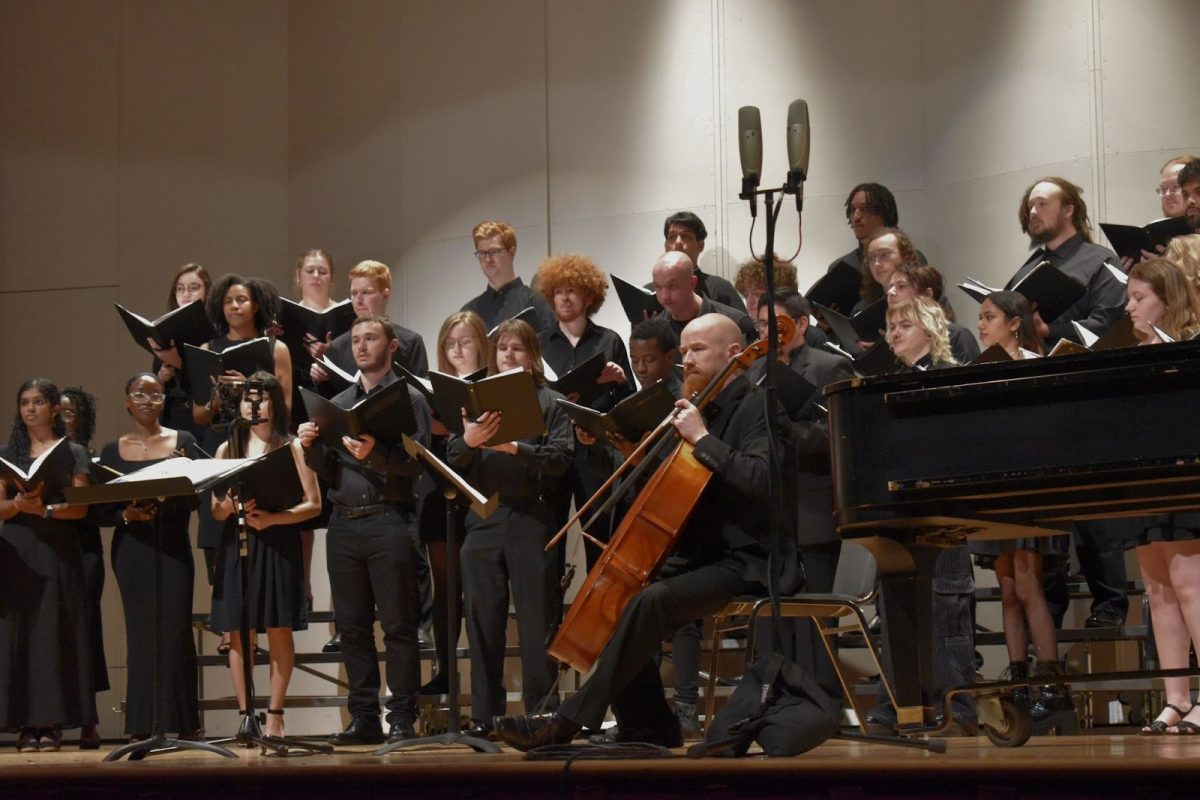


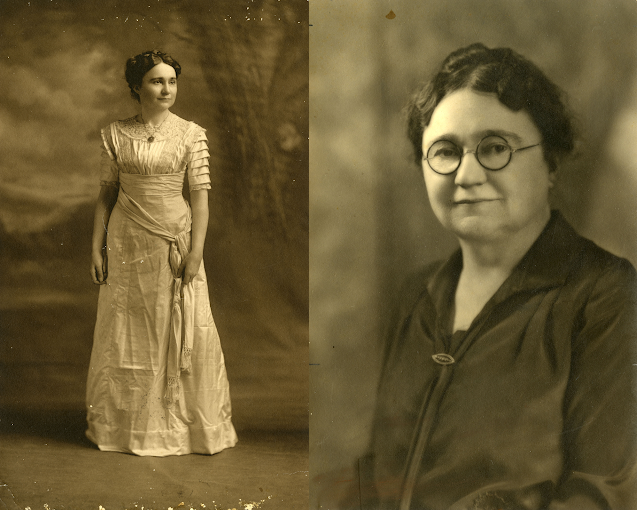


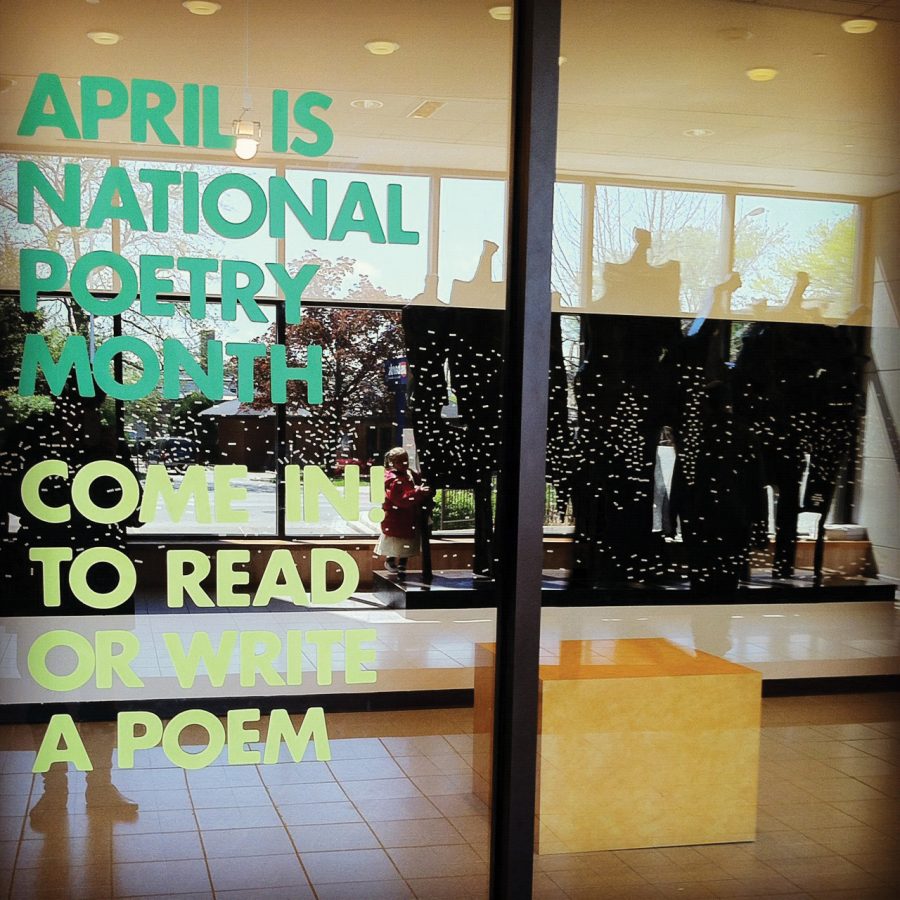
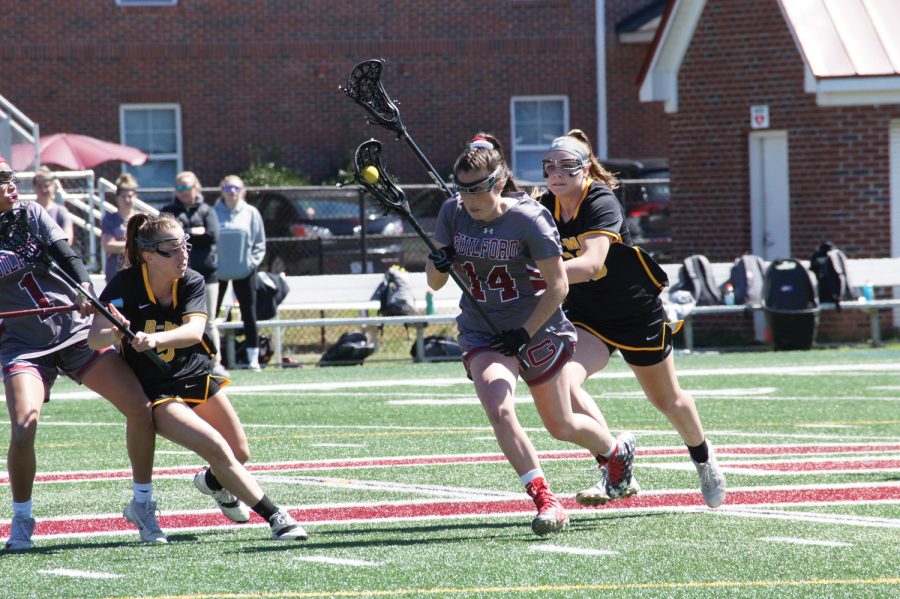

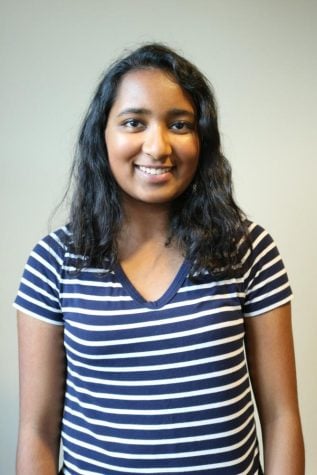
Carol McCann • Sep 2, 2017 at 1:29 pm
Good for you, Mylene!
Look forward to your book!